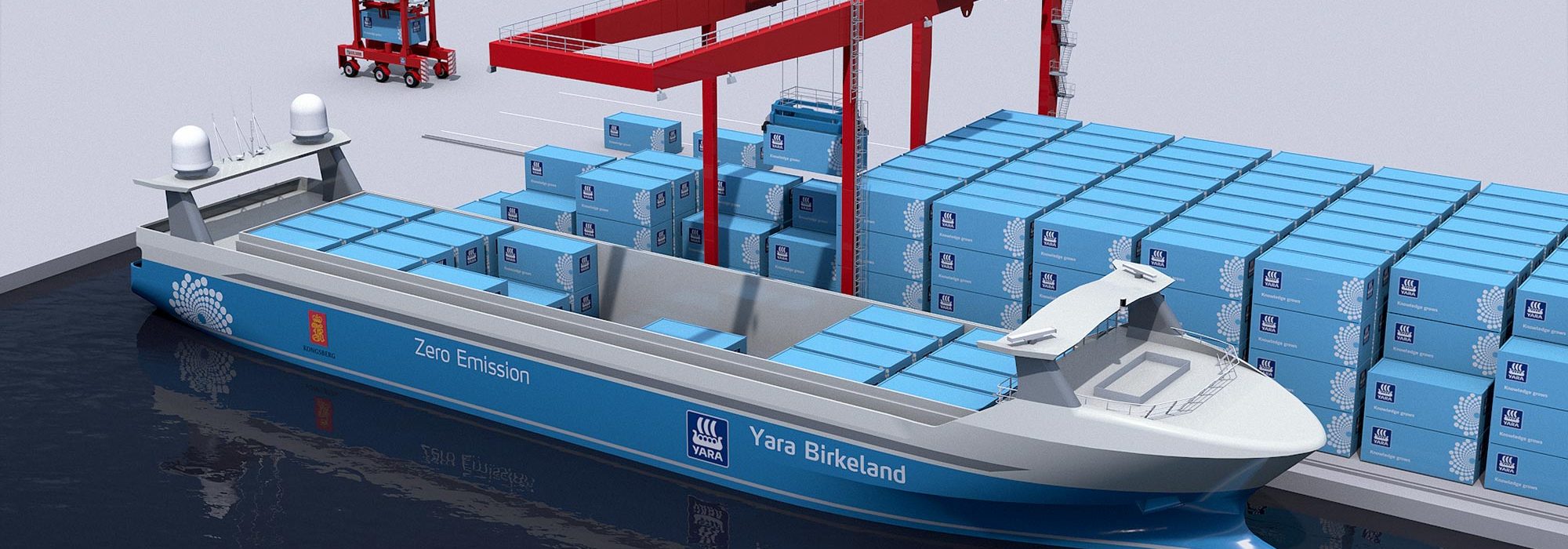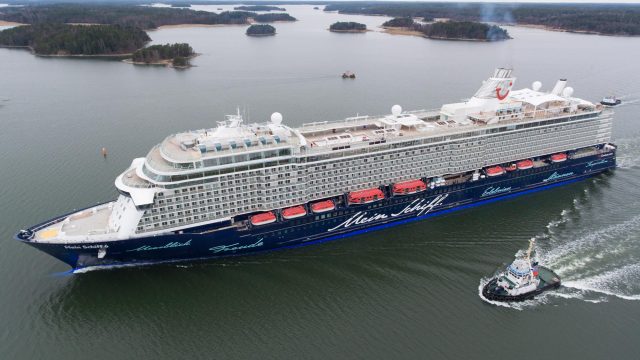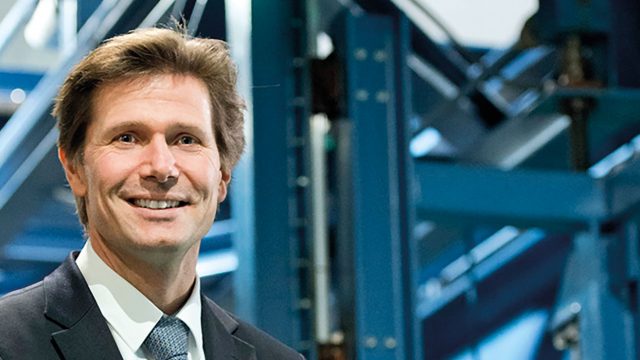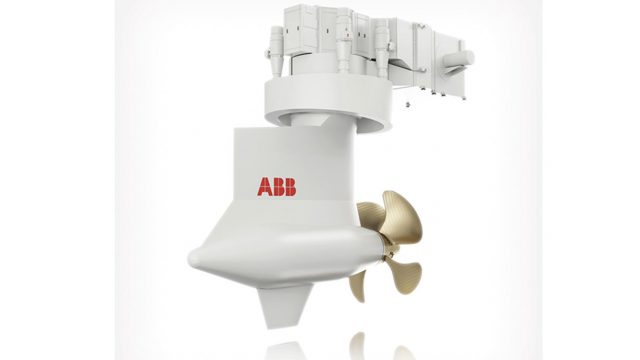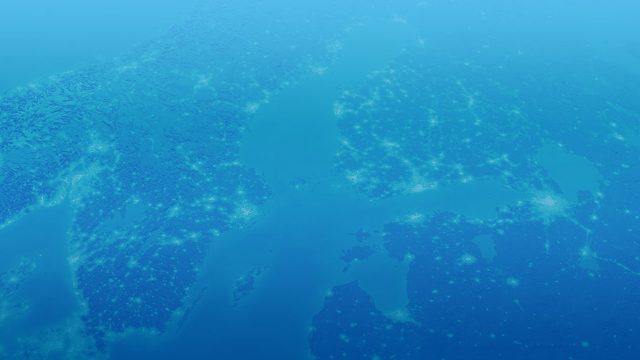“Through its subsidiaries, Kalmar, Hiab and MacGregor, Cargotec has a unique opportunity to enhance the efficiency of cargo logistics as a whole,” says Tero Hottinen, Cargotec’s Director of Emerging Digital Business.
“The aim is to optimize worldwide cargo flows and transform load-handling into a smart and sustainable business. In this sense, it is apt to describe our business as optimizing the logistics chain,” Hottinen says.
In his opinion, the maritime industry is saturated with fragmented operators using their own systems. This leads to inefficiencies. One good example is the way that large container ships are forced to wait for free routes into harbors.
According to Hottinen, the fastest operators in the sector stand to make tens of billions automating the world’s ports. Cargotec is involved in this via its Kalmar business area and Navis, which belongs to Kalmar.
Last summer, Kalmar and Navis made an agreement with the Moorebank Logistics Park in Qube in Southwest Sydney, Australia, on an automation solution worth EUR 80 million. The site will receive the world’s first fully automated solution for an intermodal terminal.

The OneTerminal solution includes Kalmar’s automated cargo-handling solution with container cranes and travelling gantry cranes, as well as the Navis N4 enterprise resource planning system. The deliveries will begin in the second half of 2019 and the solution is expected to be completed by 2022.
“The maritime industry is no more conservative than other traditional industries, and digitalisation is making progress in every sector. There has been much talk of smart containers. At the moment, the furthest this has gone has been in refrigeration containers, known as reefers. Until a couple of years ago, these technologies were not taken very seriously. However, new technologies tend to develop more quickly than anyone expects,” says Hottinen.
Digitalization will play a key role in Cargotec’s future. Navis, which belongs to the company’s Kalmar business area, offers terminal operator systems (TOS) and Kalmar’s XVELA stevedoring collaboration applications, which makes it faster and more flexible to prepare loading plans for vessels.
Navis is expanding Cargotec’s software business organically and through acquisitions. One of the recent examples is Cetus Labs, Inc, an American company acquired in 2019. Cetus provides Octopi, a cloud-based enterprise resource planning system intended for small container and mixed cargo terminals.
“Agile cloud technologies are instrumental in improving the efficiency of marine transportation and reducing emissions,” Hottinen says.
On the subject of reducing emissions, Kalmar has made an agreement with Yara, the Norwegian fertilizer giant, on the delivery of a significant cargo-handling solution. The solution will enable the world’s first electrically powered, autonomous container ship, Yara Birkeland, to be loaded and unloaded without any emissions.
Kalmar is also supporting Yara with a comprehensive maintenance agreement. The Kalmar Care agreement includes warranty repairs of container gantry cranes, along with spare parts, and preventive maintenance of the automatic, rail-borne mobile gantry crane. In addition, Kalmar’s experts are responsible for the solution’s operations, automation and software.

